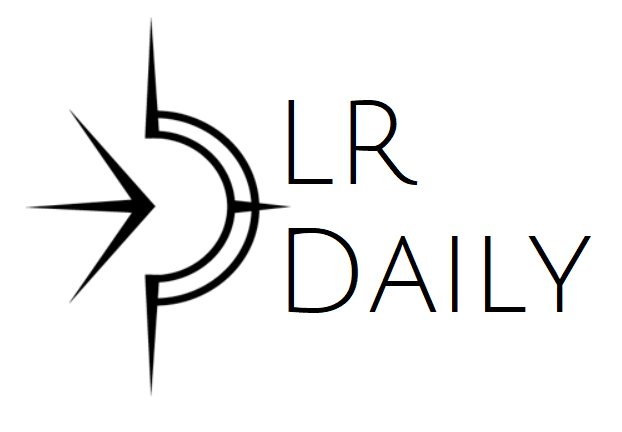Breaking the habit of procrastination 🤔
"What habits aren't really working for you?" I asked. "What habit might you want to try to break?" ❓
My client scratched their head. "What about the habit of procrastination? Does that count?"
🤔
It actually made me pause - IS procrastination actually a habit? For those of us who sometimes struggle with procrastination, I think this deserves a bit of a deeper dive.
We won't talk about my client per se, we'll talk about Adam and Betty (both of which I've been before). Adam procrastinates by cleaning his house and organizing his spice drawer. Betty procrastinates by doom-scrolling on twitter. Neither of them get their work done when they want to do it (though Adam has a clean house at least), and they both scramble to get everything done at (or after) the last minute.
Per Atomic Habits, ALL habits have four components - the cue, craving, response, reward. For example, you see a cookie on the counter (cue), you want to eat it (craving), you eat it (response), it tastes so damn good when you bite into it (reward). 🍪🍪🍪 Note that there may be negative consequences (cookies can make you fat), but the short term rewards tend to outweigh long term rewards.
Another common example is when you heard a phone alert (cue), you need to check your phone (craving), you check your phone (response), you experience relief when you see your boss hasn't assigned you more TPS reports (reward). 😌 Even if your boss had assigned you a TPS report, at least you'd no longer be sitting with the uncertainty that you'd been assigned work and didn't know about it (which is a reward).
So ... 🤔 ... is procrastination a habit?
My gut wants to say yes, but we didn't come all this way to rely on my gut (besides, it's a bit off from that cookie 🍪🤤 I ate above). So let's take a closer look.
Our current understanding is that procrastination is about emotions, not time management. So if procrastination is about emotions, it would make sense then that the CUE is an emotion or range of emotions.
An emotion that we don't want.
That emotion gives rise to a CRAVING to do (or not do) something that will make the emotion go away or lessen. If we give in to the action, that's our RESPONSE. And then the REWARD is that the emotion is gone or lessened. Note that we still feel that reward even if the long-term consequences are negative (like the cookie).
But what emotion are we running from? What actions do we run toward or away from? Although this is totally specific to the person, I think there are some examples that might resonate:
Adam is feeling anxious about the memo he needs to write. It's for a demanding partner and he knows that no matter what it's won't be good enough and he's going to be yelled at. He really doesn't want to be yelled at. Maybe he tells himself that he would be able to concentrate fully if he cleaned the house 🧽🧹🏠, which would allow him to do a perfect job (and avoid the yelling). Maybe that's true, but more likely is that he's waiting for the fire under his ass of knowing the memo is due immediately in order to sharpen his focus.
Betty is sad because she thought she'd be doing more with her life than doing research to provide advice that the client is just going to ignore anyway. What's the point of even doing the work? So she has a craving to check her phone because anything is more interesting than the jurisdictional analysis involved in asserting claims to unregistered trademarks. 😴 The reward is that she finds that Kanye has tweeted some shade at Eminem, which is way more interesting than jurisdictional analysis. Note that this is true even if the doom-scrolling makes her feel shitty later.
Okay, so procrastination looks like a habit, or lots of different habits unique to each person. So what do we do about it?
Well, you're unlikely to change the CUE or CRAVING. It's unlikely your work is going to transform overnight and you probably still won't want to do it tomorrow.
What about the REWARD? You could do some work here. James Clear in Atomic Habits says you could money to a friend to hold in trust, and they donate (or keep) the money if you slip on your habit. It changes the cost/benefit analysis. You could also reward yourself for doing the right thing, so now you look forward to doing the thing that's good for you.
I've found for me that the easiest link in the chain to break is the RESPONSE. Sure I'll still want to do something else, but I make it so that it's really hard to do so. Social media apps are deleted off the phone. And I've logged out of all of them on the browser, so I need to make the positive act of logging in. Sometimes I even close the browser to add one more speedbump between the craving and the response. I've even made a rule that I have to do 10 pushups before I check facebook. Sure I can still veg out on FB, but only if I overcome the hurdle first (and at least I get some exercise).
What works is going to be what works for you given your own particular emotions, preferences and procrastination strategies and reasonings.
It won't always feel easy, but it does get easier over time.
This was today’s email. Like it? Join here:

